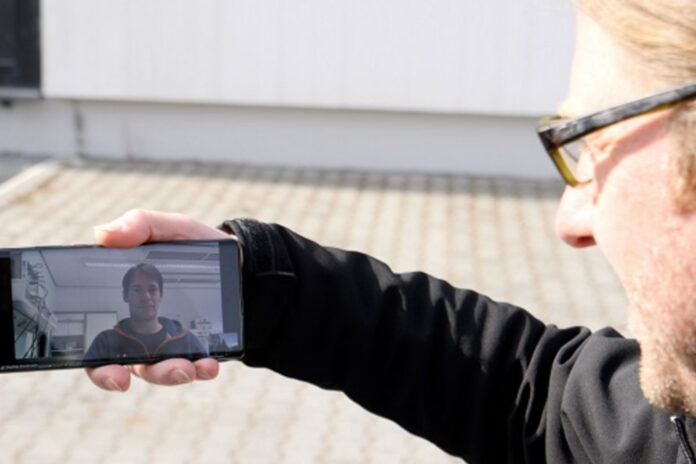Video trial gains in flexibility without loss of security or speed
Deutsche Telekom (DT) and Ericsson claim to have solved a problem for 5G’s standalone network (SA) network builders: how do you create the right sort of network exposure? This is essential for the right people to get into network slices, tailor fit them for each type of application and make each service work to its full potential.
The collaborators claim their simulation of a slice-specific service running from end-to-end (E2E) of an enterprise is a world first for 5G. The proof-of-concept of 5G Standalone (SA) end-to-end network slicing took place in DT’s Bonn laboratory. It showed that third party service providers can be allowed to work on network slices without compromising its security or slowing the performance.
Network exposure to the right people
This demonstration was the first to use ‘5G Network exposure’, which involves granting third-parties access to the networking options, in order to achieve more creative outcomes. Previously it’s been hard to achieve this without disrupting the network’s quality of service (QoS) or creating security exposures.
The integration is achieved by detailed configuration work on both the network and the applications, namely through a painstaking redesign of application programming interfaces (APIs). This involves a lot of dynamic adaptation that hasn’t been achieved before, with extensive changes to the underlying support systems.
Network slices need to be configured
The DT and Ericsson engineering teams jointly proved that ‘network exposure’ (NE) could be achieved without spoiling a video production. In the simulation the director was able to adapt their slice of the network service at will, according to the needs of different video streams.
The team went on to achieve fully automated configuration. This involved the automatic provisioning and end-to-end orchestration of the enterprise slicing service. This proves that Ericsson can achieve one of the key architectural features of a commercial grade 5G SA network, according to Erik Ekudden, Group CTO at Ericsson, because 5G network allows you to software-define virtual networks with distinct features.
Standard network exposure APIs must allow third-party apps to monitor and adjust the behaviour of their own new network slices within the boundaries of their subscribed services, said Ekudden. But their access has to be approved.
Laid a new cornerstone in 5G SA
This breakthrough has brought “the value of network slicing, exposure, and automation to the market,” said Ekudden.
Providing an end-to-end customer journey around slicing is essential for fast and efficient 5G service innovation but a considerable amount of work is done by the Business Support System (BSS) in order to automate the apportioning of bandwidth to user profiles.
Technical notes from Ericsson
In this proof of concept exercise, a catalogue/model driven BSS approach was verified to enable both:
Automated slice creation and termination with flexible service configuration to support B2B and B2B2X models and
Exposure of connectivity management and monitoring functions to the customer via portals and APIs





